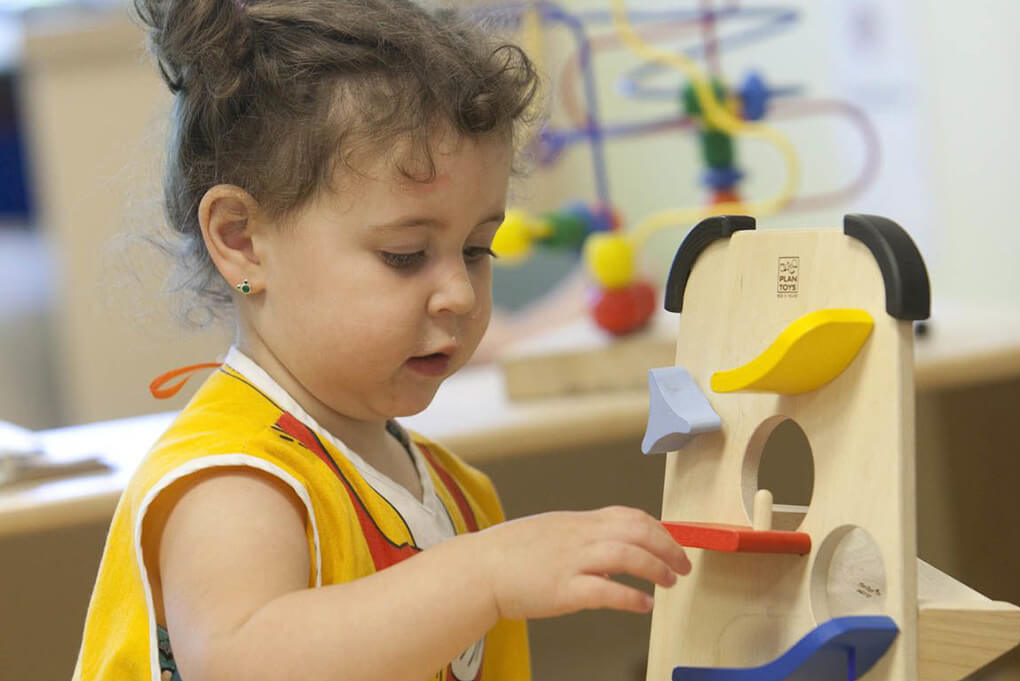How to raise an entrepreneurial child?

Life group: Every parent wants to be able to pull their kilims out of the water when their child grows up, as the old saying goes, if he does not become a doctor or an engineer and does not have a government job, he can start a successful business. But how is this mental ideal of us parents achieved?
All psychologists agree that one of the most important characteristics of a successful entrepreneur is having problem-solving skills. So rest assured, if your child does not learn problem-solving skills as a child, he or she will not be a successful entrepreneur and will not survive in any business.
But now that we know the importance of problem-solving skills, the question arises, how do we teach this skill to our children? Child psychologists believe that parents should teach children to find the answers to the questions and problems they face in their daily lives, this is the premise.
Remember that learning to solve problems leads to increasing the child’s creativity, empowerment in math, increasing self-confidence, empowerment in leadership and management, and having these abilities is a prerequisite for starting any business and is even more important than dinner. .
How does this come about now? Psychologists offer a variety of strategies to strengthen children’s problem-solving skills.
* Provide a safe environment to solve the child’s problem
First of all, parents need to provide a psychological environment in which children can freely and without fear of being ridiculed or judged offer the solution that comes to their mind to solve the problem. Our children need to know that if a solution comes to mind, it’s valuable to the parents, and we need to give our children enough confidence to talk about it. Encourage the child to become more interested in problem solving.
* Give the child time
Give our children time to try and make mistakes and discover the right solution. For example, giving a pocket money to a child is the same trial and error. Over time, the child learns how to solve his financial problems.

* Do not solve his problems instead of the child
Let the children deal with their own problems. For example, if your child is arguing with a sibling over a toy, give them a chance to solve the problems themselves, and if you see the fight going on, then intervene and help them find a solution. In short, do not give ready-made bites to children.
* Be a role model
If you try not to get upset quickly in life situations and look for the right solution, your child will learn from you to stay calm in difficult situations.

Let the child face the natural consequences of his or her wrong decision
Let the child face the consequences of his work and wrong decision? How about That is, to put the child in a dangerous situation? No. Give the child the right to choose and allow him to face the negative consequences of his choice. We will explain to you with an example. For example, in a shopping center, your child catches the eye of a device that he does not need, but insists on buying it, and your advice is useless. Do not add money to him. Let your child buy the unnecessary device with his allowance. Rest assured he will pay for this wrong choice soon. He may not have the money to buy a device he needs later.
* Strengthen problem solving skills with these games
Child counselors believe that there are games that can improve children’s problem-solving skills. There are books for children and teenagers in bookstores where the child should look for mistakes in the pictures or hidden pictures that the child should discover. Buy these books for your child because they strengthen their problem-solving skills.
Puzzle is also one of the games to strengthen problem solving skills. Of course, when buying, make sure that the number of puzzle pieces is appropriate for the age and abilities of the child. Cube puzzles are recommended for kids five and older. Because it strengthens the child’s visual power.
Put construction games like logos in the shopping cart to reach your goal. As soon as the child tries to select a specific piece for a part of his structure so that the structure can function properly or take the desired shape, it develops the child’s problem-solving skills.
You too can go with your child and talk about what he or she is making. For example, ask him what do we need if we want to build a flying machine? This model of accompanying the child while playing can open new doors to the child’s thoughts.
End of message /
You can edit this post
Suggest this for the front page

